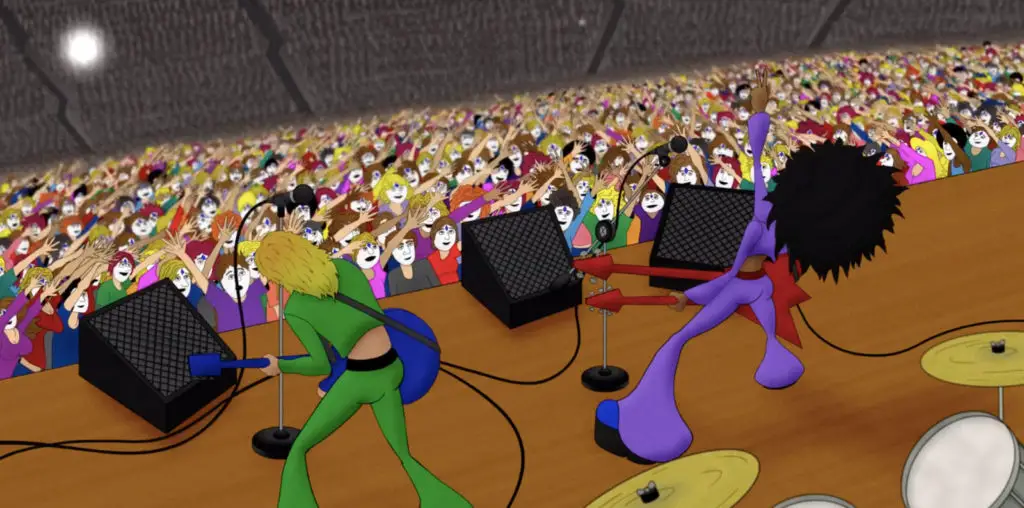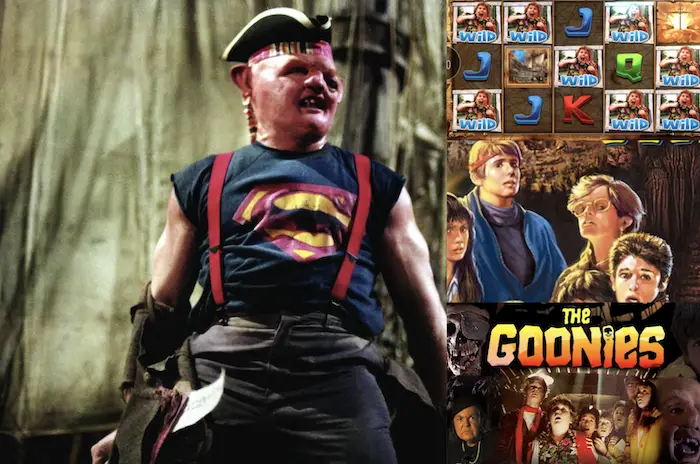
I’m sure for many, the only way they learn about war is through the movies. If that description includes you, for God’s sake try to at least watch a few war films from other cultures. Even if their epics exhibit a degree of bias (ours do too), it’s still educational to examine a conflict through a different set of eyes, particularly one with U.S. involvement. My best recommendation to date has been a 1985 Russian film known in English as “Come and See”. If “Saving Private Ryan” feels in part like a Vietnam War documentary, the nihilism and progressive madness of this Russian masterpiece feels closer to “Last House on the Left”. I’ve yet to find an actual Vietnam War combat movie actually produced by either the North or South Vietnamese, but at least now we’ve got something pretty damn close. I doubt brothers Tony and Timothy Lihn Bui were old enough to remember when their family arrived in California in 1975 from Vietnam in search of a new life. Apparently stories from friends and family were more than enough to fill in the blanks. Today Tony is best known as the director of the well-received “Three Seasons”, produced and co-written by Timothy. Tony now returns the favor on Timothy’s amazing directorial debut, “Green Dragon”.
This is a story about purgatory, though it goes by the name Camp Pendleton. In 1975, as the Vietnam War was nearing the end, this was the entry point for Vietnamese refugees in America. During this time thousands upon thousands came through here until a more permanent home could be found for them elsewhere. Most came having lost family, fortunes, and entire lifetimes. Realizing that the end was very near, they had also lost their country. As news reports revealed each tortured step toward this conclusion, the camp’s overall mood was one of mourning. Despair plagued the men who had loyally fought for their country and lost. Some of those not done in by the war succumbed to regret.
The man in charge of the refugees is Staff Sergeant Jim Drake (yes, Patrick Swayze). He quickly realized that he may not be communicating with his charges too well, so he quickly hires the bilingual Tai Tran (Don Duong) as a go-between. Already in the habit of helping those around him, Tai is a natural for the job. He has a few problems of his own, however. Having himself arrived with his young niece and nephew, he dreads the day when he will probably have to inform them that their parents are probably dead. Tai is at least able to distract himself with his duties on the behalf of fellow refugees. Largely through him we begin to see some of their stories, particularly that of a South Vietnamese general disgraced by the loss who now wants only to die. Tai’s young nephew Minh meanwhile finds solace on his own with a solitary camp cook named Addie (Forest Whitaker). Hampered by language, he connects with the boy through his own love for art, though Addie may not survive the wounds he himself received during the war.
Now I’m sure all of this sounds as much fun as a funeral, but it doesn’t all play like that. The point of a purgatory is not to forever dwell upon your loss. It’s meant to be a place to purge your sins and guilt. Once cleansed of them, you are free to move on. Same here. Some fearful of the unknown that lay ahead for them in America, repeatedly turn down the relocation assignments made for them, preferring to deal with the unpleasant but certain realities of the camp. At a certain point they are basically forced to move on. Others more quickly make piece and better yet make a break with their past in anticipation for their new lives. Old habits die hard, though, as many in the camp immediately revert to the rigid class structure that governed their lives in Vietnam. Others quite realize that with everyone starting again from nothing, they are now all on the same level.
By now most Americans are painfully aware of what our country lost during the Vietnam War. However our films on the subject too often fail to depict the South Vietnamese who fought, suffered, and died alongside U.S. forces. American soldiers may not have always understood what exactly they were fighting for, but at least they had someplace to come home to. For the defeated refugees in the conflict, their best reward became an uncertain hope for the future on the other side of the planet. A government inquiry later determined that many of our problems (as in Camp Pendleton) needlessly arose from a breakdown in communication between the U.S. and the Vietnamese. The saddest part is when, like Sgt. Drake, you don’t realize that you’re not even trying to make the connection.

